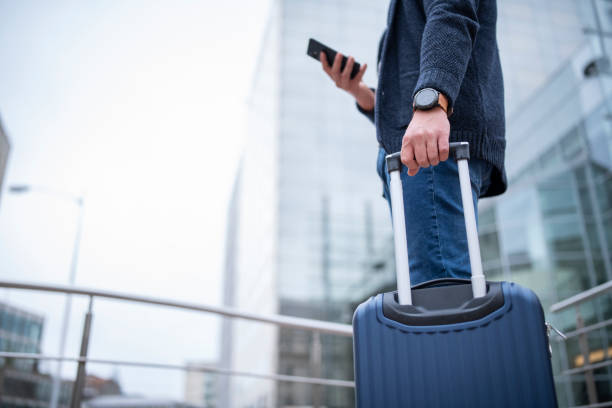Following the launch of Google Duplex earlier this year, and as we enter an age where conversations with devices are becoming the norm versus the exception, I recently wrote a thought piece for Travel Daily’s Corporate Chatter. The column focused on the growing phenomenon of Artificial Intelligence (AI) and its impact on the corporate travel market.
Google Duplex is being coined the world’s most lifelike computer – it responds in a voice that doesn’t sound like a robot and doesn’t repeat what you say. Essentially, it’s an amplified version of Siri that’s predicted to eventually expand to a support centre level.
To showcase the capabilities of Duplex, Google Assistant made a phone call to set up a hair appointment at a salon. The receptionist, unaware she was speaking to AI-powered technology, asked the caller (Google Assistant) to hold. The Assistant responded with “mmm-hmm”.
While not a live demonstration, Google Duplex remains in its infancy – with ethical questions remaining around whether Google Assistant should have declared it was a computer – the publicity stunt did ask the bigger question of whether humans and AI can collaborate effectively.
In the corporate travel space there are already some early platforms in operation. Goldman Travel Corporation’s travel and expense management system Serko has launched Zeno – a hybrid of AI and integrated consultant support and expertise. Zeno is seamless, making it easy to book flights, hotels and ground transport in a single transaction.
While there’s still a long way to go in developing and bringing AI to life, the rapid speed at which technology is advancing means having a deep and meaningful conversation with a computer might not be as far off as we think.
I believe AI will become an essential customer service feature the corporate travel world cannot escape and is something we will all need to work with, and ultimately embrace. If you aren’t already using some form of AI in your business – are you open to it?




